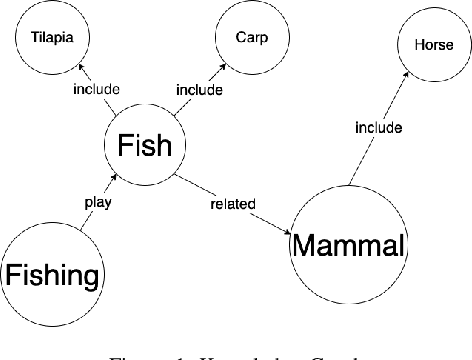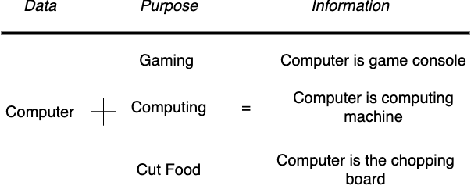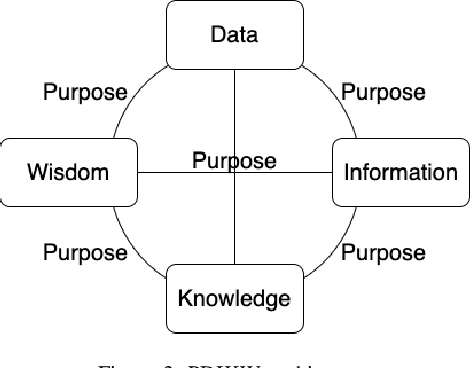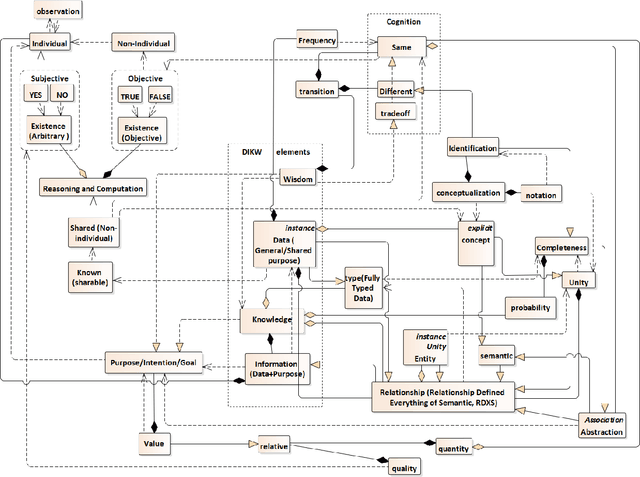Yingbo Li
The Governance of Physical Artificial Intelligence
Apr 06, 2023


Abstract:Physical artificial intelligence can prove to be one of the most important challenges of the artificial intelligence. The governance of physical artificial intelligence would define its responsible intelligent application in the society.
Physical Artificial Intelligence: The Concept Expansion of Next-Generation Artificial Intelligence
May 17, 2021



Abstract:Artificial Intelligence has been a growth catalyst to our society and is cosidered across all idustries as a fundamental technology. However, its development has been limited to the signal processing domain that relies on the generated and collected data from other sensors. In recent research, concepts of Digital Artificial Intelligence and Physicial Artifical Intelligence have emerged and this can be considered a big step in the theoretical development of Artifical Intelligence. In this paper we explore the concept of Physicial Artifical Intelligence and propose two subdomains: Integrated Physicial Artifical Intelligence and Distributed Physicial Artifical Intelligence. The paper will also examine the trend and governance of Physicial Artifical Intelligence.
Swarm Differential Privacy for Purpose Driven Data-Information-Knowledge-Wisdom Architecture
May 09, 2021



Abstract:Privacy protection has recently attracted the attention of both academics and industries. Society protects individual data privacy through complex legal frameworks. This has become a topic of interest with the increasing applications of data science and artificial intelligence that have created a higher demand to the ubiquitous application of the data. The privacy protection of the broad Data-InformationKnowledge-Wisdom (DIKW) landscape, the next generation of information organization, has not been in the limelight. Next, we will explore DIKW architecture through the applications of popular swarm intelligence and differential privacy. As differential privacy proved to be an effective data privacy approach, we will look at it from a DIKW domain perspective. Swarm Intelligence could effectively optimize and reduce the number of items in DIKW used in differential privacy, this way accelerating both the effectiveness and the efficiency of differential privacy for crossing multiple modals of conceptual DIKW. The proposed approach is proved through the application of personalized data that is based on the open-sourse IRIS dataset. This experiment demonstrates the efficiency of Swarm Intelligence in reducing computing complexity.
 Add to Chrome
Add to Chrome Add to Firefox
Add to Firefox Add to Edge
Add to Edge